Acknowledgement
Aboriginal and Torres Strait Islander people should be aware that this website may contain images, voices and names of people who have passed away.
We respect your privacy. Your information is safe and will never be shared.

Don't miss out. Subscribe today.
×
×
